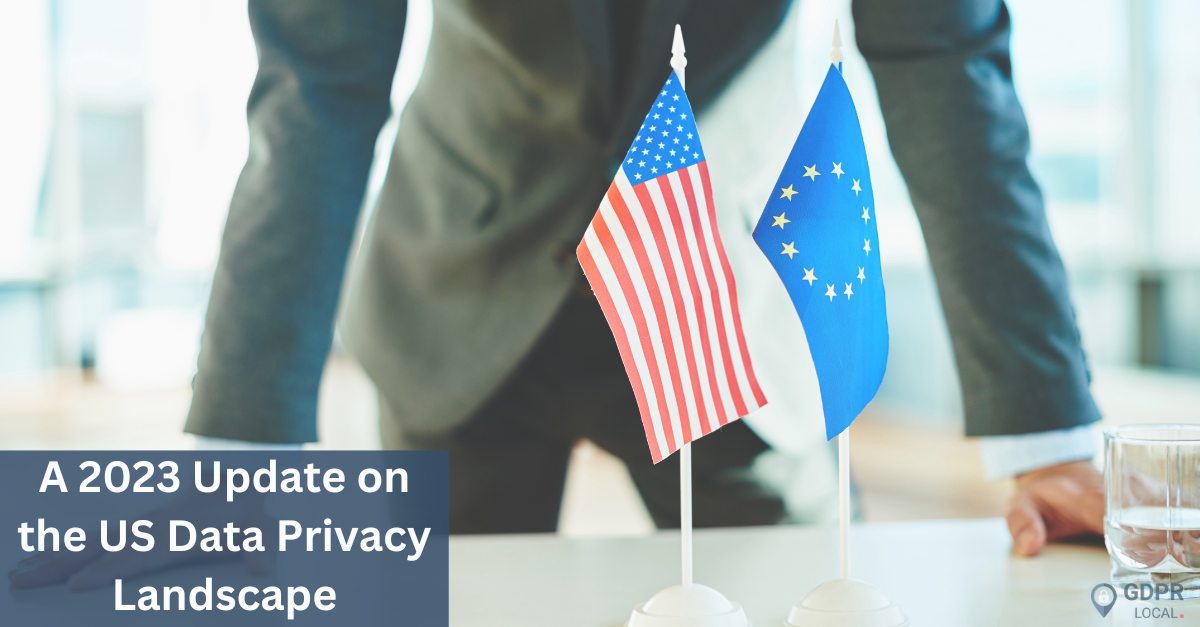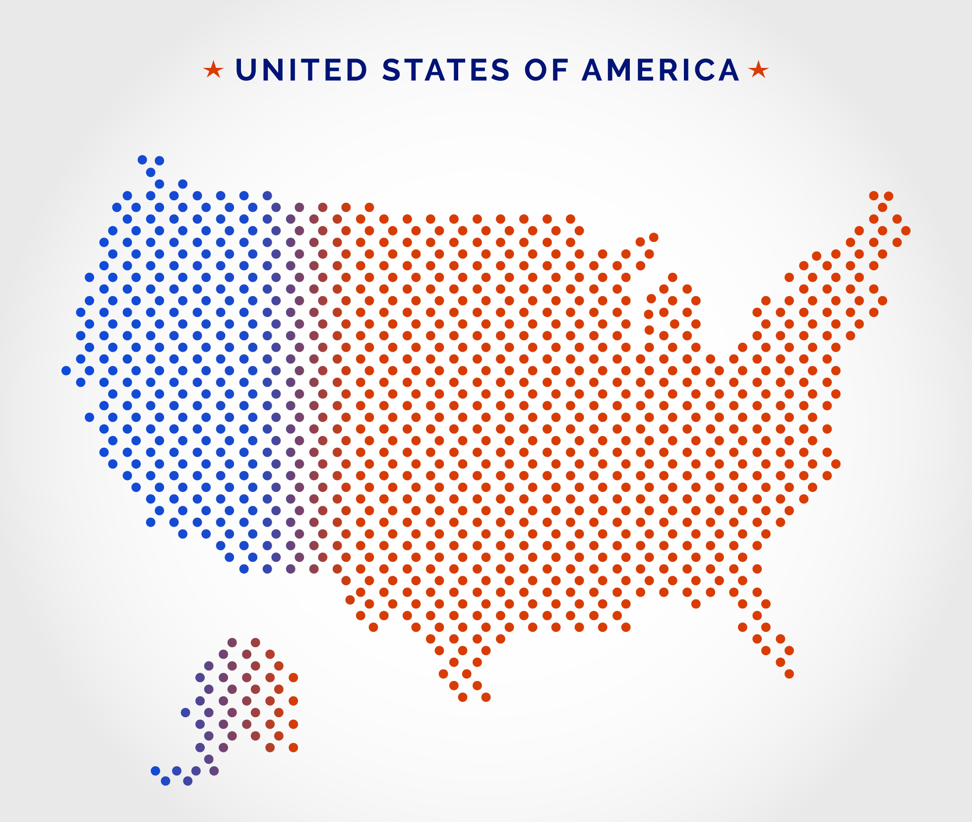
A 2023 Update on the US Data Privacy Landscape
The United States has witnessed a significant transformation in its data protection landscape in 2023, the implementation of state-level data protection laws, the establishment of the Data Privacy Framework, and ongoing federal regulatory efforts. These developments have heightened awareness of data security concerns among businesses and individuals alike, prompting a shift in how personal data is collected, used, and shared.
1. State-Level Data Protection Laws
Several states have enacted or are considering data protection laws modeled after the European Union’s General Data Protection Regulation (GDPR). These laws grant individuals more control over their personal data and impose stricter requirements on businesses that collect and process personal information. Notable examples include the California Consumer Privacy Act (CCPA), the Colorado Privacy Act (CPA), the Virginia Consumer Data Protection Act (VCDPA), and the Connecticut Data Privacy Act (CTDPA).
2. Establishment of the Data Privacy Framework
In July 2023, the U.S. Department of Commerce announced the establishment of the Data Privacy Framework, a voluntary framework for organizations to adhere to enhance privacy of personal data standards. This framework aims to facilitate data transfers between the EU and the US, which had been hindered due to concerns about the adequacy of U.S. data protection laws.
3. Federal Regulatory Efforts
The Biden administration has expressed its commitment to strengthening privacy of data protections at the federal level. The White House has issued a Blueprint for an AI Bill of Rights, which outlines principles for the development and use of artificial intelligence (AI) systems that respect individual privacy and civil liberties. Additionally, the Federal Trade Commission (FTC) has increased its enforcement efforts against companies that engage in unfair or deceptive data practices.
4. Growing Focus on Data Security
Cybersecurity threats and data breaches continue to pose significant risks to personal data. Businesses are investing in data security measures and adopting robust cybersecurity practices to protect sensitive information from unauthorized access, disclosure, or modification.
5. Emerging Trends in Data Privacy
The use of AI, ML, and other emerging technologies raises new challenges and opportunities. Organizations need to be aware of these trends and ensure that their practices comply with evolving privacy laws and regulations.

Key Takeaways for 2023
The year 2023 has been a pivotal one for data security in the USA. The enactment of state-level data protection laws, the establishment of the Data Privacy Framework, and ongoing federal regulatory efforts have created a more complex and dynamic landscape. Organizations operating in the US need to stay abreast of these changes and adapt their data practices accordingly. In addition, they should prioritize security of personal information and be vigilant about emerging trends in data privacy.
For more information on consultancy continue reading our blog, or contact us at [email protected].